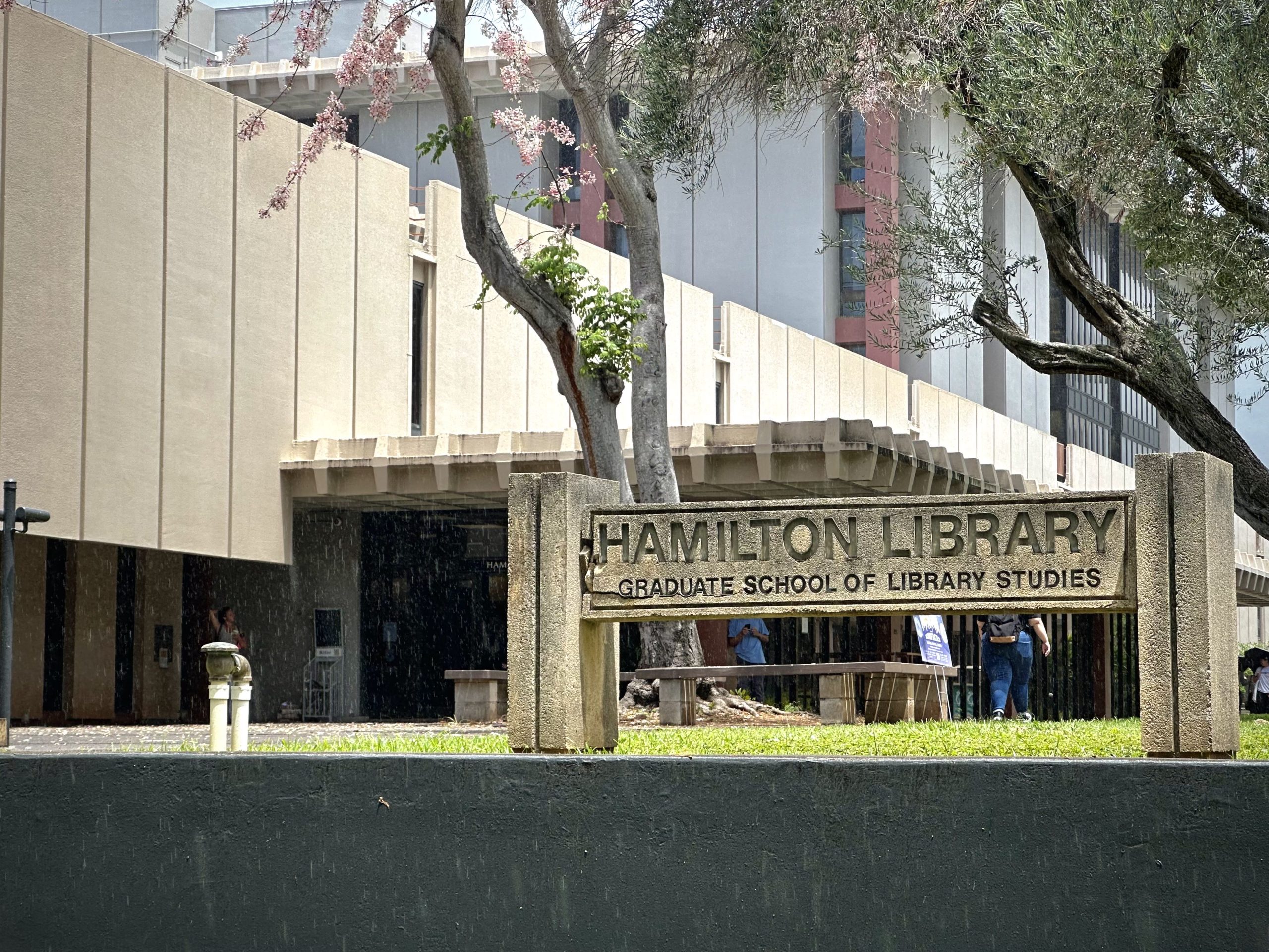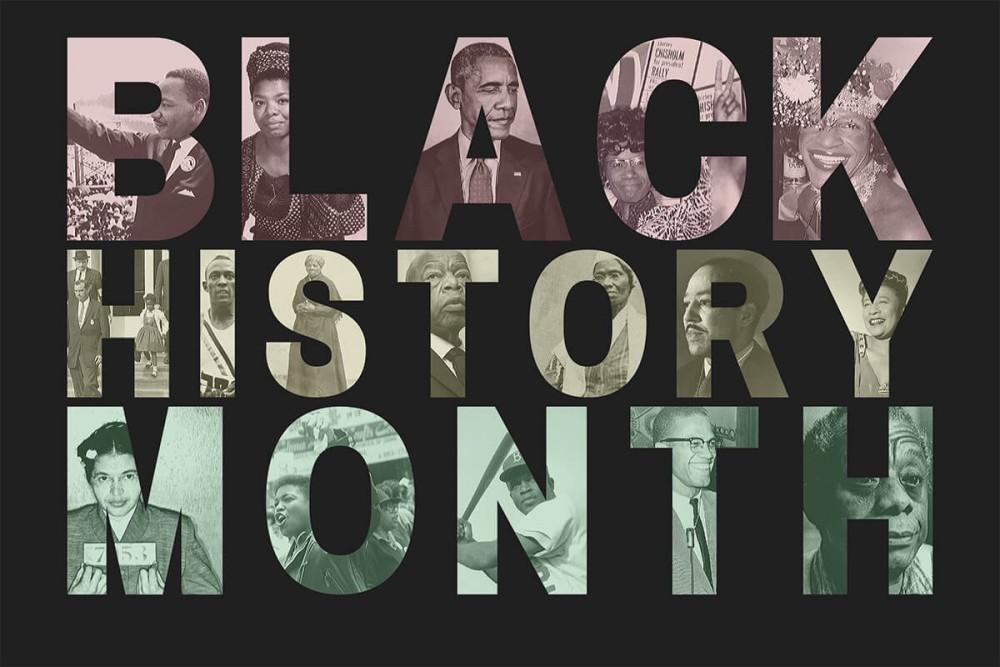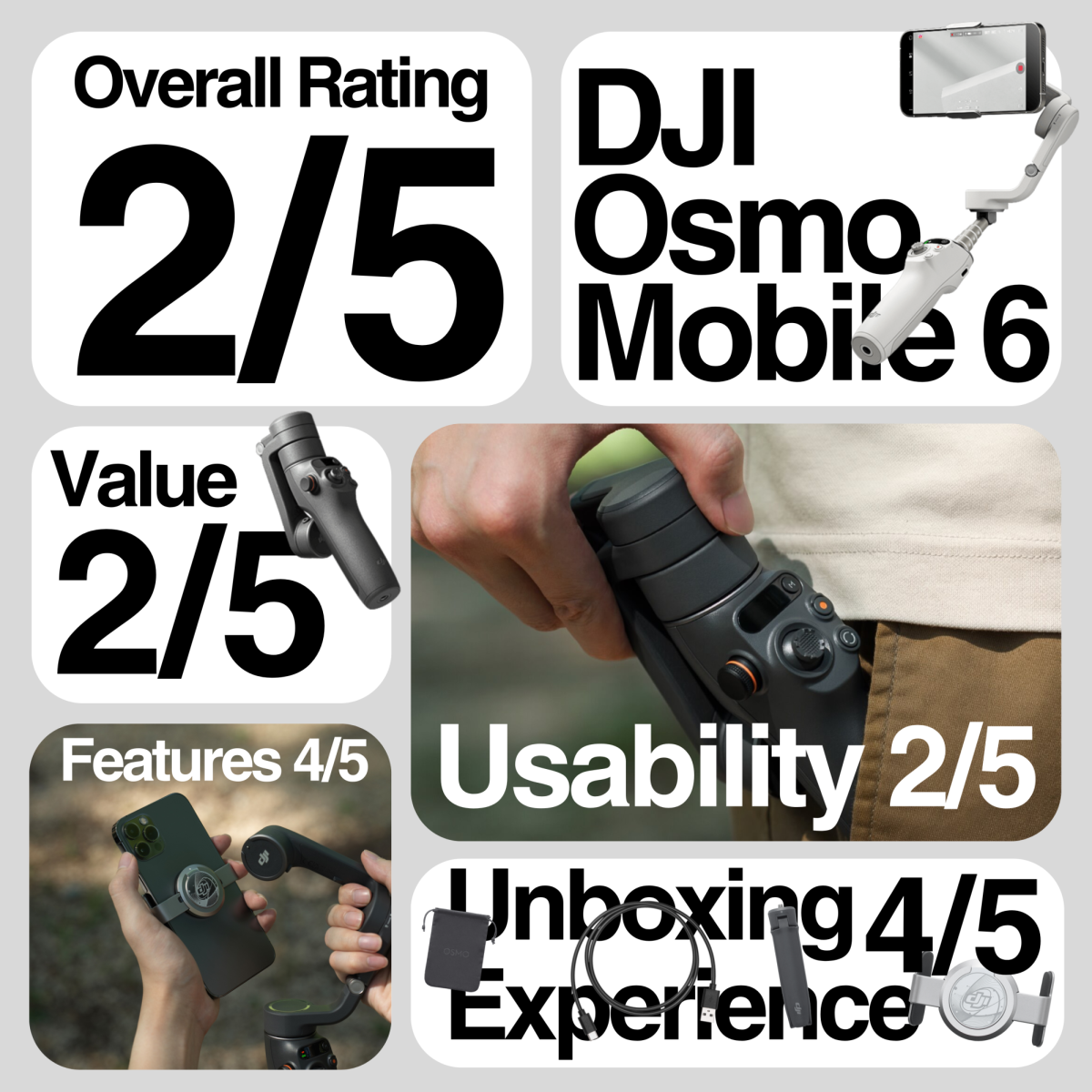Of the many institutions facing existential threats because of Artificial Intelligence(s), libraries could be among the most vulnerable.
“If libraries can adapt to the situation with AI, I think libraries will be a viable product five years from now,” said Jeff Yoe, a senior strategist who has been developing new AI for over a decade with Trans Media Powerhouse and Three Amigos Marketing. “But if they can’t, most libraries are going to close up and have only one main library for a city.”
Under state Librarian Stacey A. Aldrich’s leadership, Hawaiʻi’s libraries are seeking new ways that AI can be more integrated for librarians and to increase the ability of library users to research more accurately. The current systems that most libraries have could benefit from these advancements, Aldrich said, and even lure people to use libraries resources more often.
“So I think there’s also an opportunity right now for libraries to provide more programming on AI, for the public to help learn more about what it is,” Aldrich said. “My dream for the future would be for it to be easier to use AI. … Imagine you’re in the library looking for a book, but it’s not there. We could have an assistant that’s yours, helping you by saying, ‘oh, it’s not on the shelf right now, but if you want a digital version, you could download it immediately. Or if you prefer the physical copy, I’ll place a hold for you.’ Currently, everything’s in distinct boxes.”
Whether Yoe’s pessimistic future library develops or Aldrich’s optimistic one does, both agree that libraries as we know them today are going to be changing.
“I still think there’s a valid requirement for a library and librarians to be kept with real people,” Yoe said. “Libraries give us more access to AI, but both the staff and personnel that go to libraries on a regular basis will be challenged with learning about AI.”
AI and science experts are expecting the future to have new AI integrated into libraries to help people research and learn.
“We’re no longer in the information age, we are in the integration age,” said Pip Coburn, the founder of Coburn Ventures, which specializes in helping organizations manage monumental change.
Jonathan Young, a natural sciences librarian at Hamilton Library, anticipates the new information research process will become a cornerstone of libraries.
“Being able to use AI responsibly is what we teach (at Hamilton Library),” Young said. “We’ve been offering a lot of instruction and workshops to students on how to use it in a way that will minimize the risk of misinformation and hallucinations, because you can’t always trust or understand where its getting its information from, unless you provide that information directly.”
He added, “In our library we talked about creating our own localized ChatGPT service, that is built on the unique collection we have (Hawaiian Pacific collection), to train our own AI to interact with this information in a new way.”
The “localized ChatGPT” idea is one of many possible upgrades that AI can apply to libraries to make information trustworthy and accessible for users. Young believes libraries will evolve with AI to make things increasingly easier for library members and staff in the future.
With AI changing libraries’ methods of researching and assessing information, professionals, such as Andrew Wertheimer, an associate professor in the Library & Information Science Program at UH Manoa, are confident that a librarian’s standard job description will change.
“Predictive text is working for everyone these days, but I think librarians and archivists are interested in studying this and eventually trying to come up with standards and best practices,” Wertheimer said.
“The reason you can look at a website on any browser is partly because librarians and other information specialists tried to advocate for best practices,” he said. “The challenge is that it’s too early to come up with standards since now even the AI developers are debating about potential and risk. As with any disruptive technology, there are many possible advantages or disadvantages, so it will depend on how industry or congress shapes best practices, policy, ethics, rules.”







